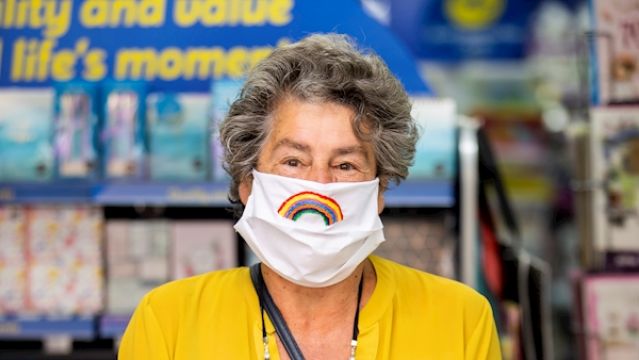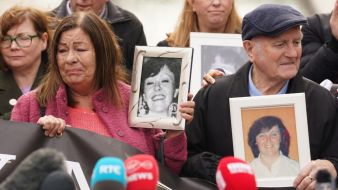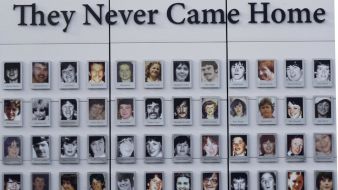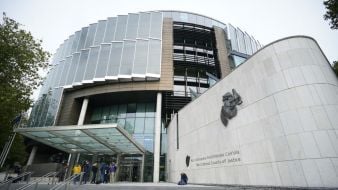The HSE's current policy is to question confirmed cases about people and places they have visited only up to 48 before symptoms begin, rather than to the point at which they were likely infected with the virus.
It comes as NPHET member Philip Nolan previously explained that a large number of cases in Dublin classified as “community transmission” likely originated in bars and restaurants, but resources were not available to track these infections to their sources.
In a letter addressed to Health Minister Stephen Donnelly yesterday, penned ahead of the implementation of Level Three restrictions in Donegal, acting chief medical officer Dr Ronan Glynn said tracing could be stepped up to better pinpoint the main sources of community transmission.
Such as approach will allow the environments and activities associated with the greatest levels of transmission be more accurately and quickly identified.
Dr Glynn said that improved tracing would allow experts to identify the most risky environments and activities, which would likely inform if recommendations to close certain sectors of society in response to rising cases were justified.
“To ensure the contact tracing system is as robust as possible the NPHET also endorse a proposal on enhanced retrospective contact tracing of confirmed Covid-19 cases,” Dr Glynn wrote.
“The aim of enhanced retrospective contact tracing is to identify potential sources of Covid-19 infection and additional individuals at risk of acquiring infection by gathering supplementary information from recent Covid-19 cases whose transmission sources has been documented as ‘community transmission’.
“Such as approach will allow the environments and activities associated with the greatest levels of transmission be more accurately and quickly identified.”
Dr Glynn also wrote that restrictions will only be effective if there is a “wholehearted widespread collective buy-in”.







